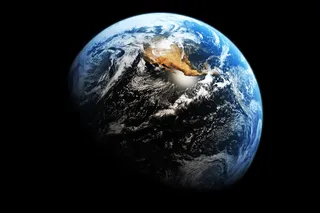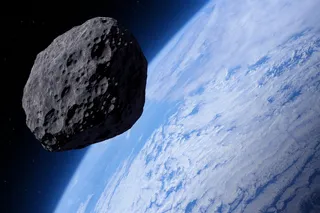General relativity, Einstein's theory of gravity and spacetime, has been pretty successful over the years. It's passed numerous tests in the Solar System, scored a Nobel-worthy victory with the binary pulsar, and gets the right answer even when extrapolated back to the first one second after the Big Bang. But no scientific theory is sacred. Even though GR is both aesthetically compelling and an unquestioned empirical success, it's our job as scientists to keep probing it in different ways. Especially when it comes to astrophysics, where we need dark matter and dark energy to explain what we see, it makes sense to put Einstein to the most stringent tests we can devise. So here is a new such test, courtesy of Rachel Bean of Cornell. She combines a suite of cosmological data, especially measurements of weak gravitational lensing from the Hubble Space Telescope, to see whether GR correctly describes the ...
A New Challenge to Einstein?
Explore general relativity deviations and how new data challenges our understanding of dark matter and cosmic expansion history.
More on Discover
Stay Curious
SubscribeTo The Magazine
Save up to 40% off the cover price when you subscribe to Discover magazine.
Subscribe












